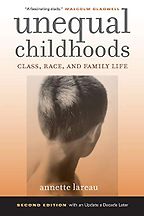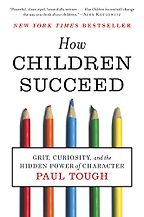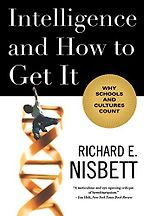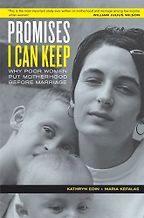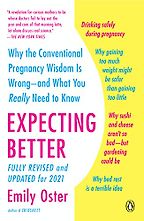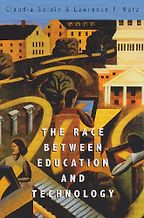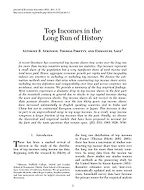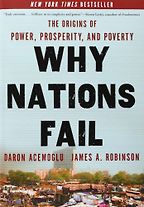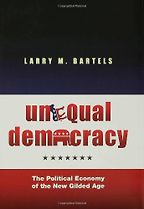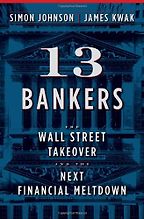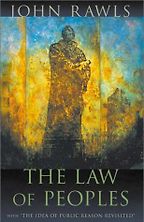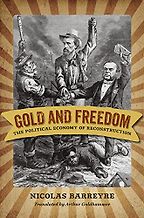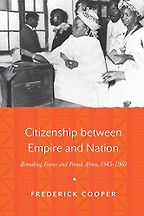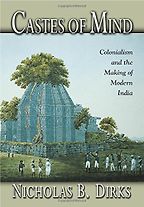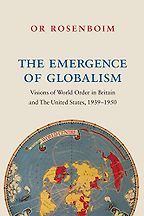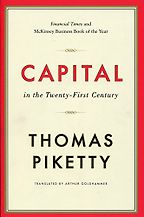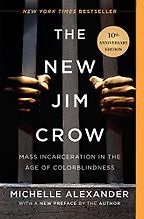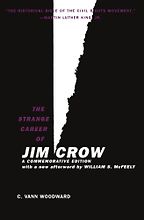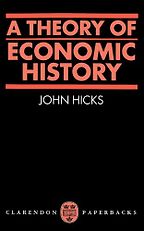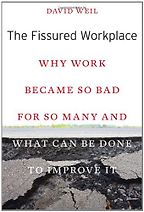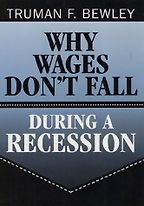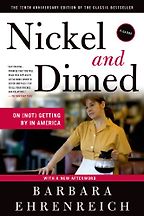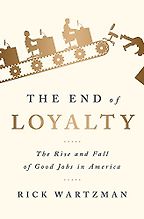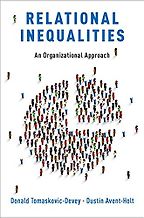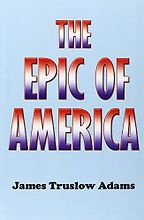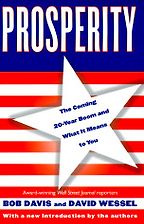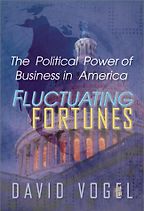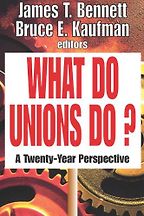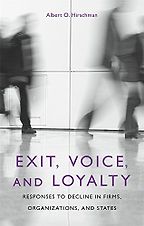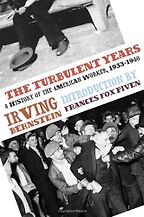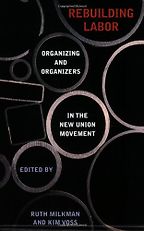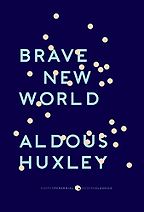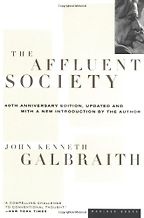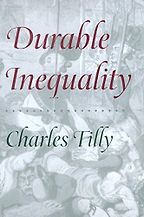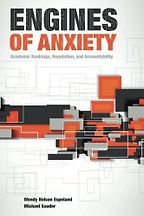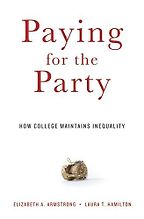Inequality Books
Last updated: October 20, 2024
Inequality is an issue that's critical in a host of settings, but in this section we concentrate on books about economic inequality. Our interviews with Daron Acemoglu, a professor of economics at MIT and Branko Milanovic, formerly lead economist at the World Bank and now a professor at CUNY, have been some of the most popular reading lists to appear on Five Books, highlighting the importance of economic inequality as a key issue of our times.
What to do about it is a separate issue. Australian economist John Quiggin suggests it's time for the left to come up with a new 'utopia', some vision of how we'd like the world to be that we can work towards. Former US labour secretary (turned academic and political commentator) Robert Reich recommends some books showing how previous generations dealt with inequality crises.
There are also a lot of new economics books coming out addressing the issue of how to deal with the huge income disparities appearing between the richest in society and the rest of the population.
-

1
Unequal Childhoods: Class, Race and Family Life
by Annette Lareau -

2
How Children Succeed. Grit, Curiosity and the Hidden Power of Character
by Paul Tough -

3
Intelligence and How To Get It: Why Schools and Culture Count
by Richard E. Nisbett -

4
Promises I Can Keep: Why Poor Women Put Motherhood before Marriage
by Kathryn Edin & Maria Kefalas -

5
Expecting Better: Why the Conventional Pregnancy Wisdom is Wrong and What You Really Need to Know
by Emily Oster
Parenting: A Social Science Perspective, recommended by Nate G. Hilger
Parenting: A Social Science Perspective, recommended by Nate G. Hilger
We think of parenting as a level playing field because loving your kids and doing everything you can for them comes naturally and isn’t determined by socio-economic status. The problem is that it may not be enough, says economist Nate G. Hilger. Here, he argues for a more activist approach so that kids across society have an equal opportunity to do well in life.
-

1
The Race between Education and Technology
by Claudia Goldin and Lawrence F Katz -

2
Top Incomes in the Long Run of History
by Emmanuel Saez, Thomas Piketty & Tony Atkinson -

3
Why Nations Fail
by Daron Acemoglu & James Robinson -

4
Unequal Democracy
by Larry M Bartels -

5
13 Bankers
by James Kwak & Simon Johnson
The best books on Inequality, recommended by Daron Acemoglu
The best books on Inequality, recommended by Daron Acemoglu
The US, the UK and many other countries around the globe have become far less equal over the past 30 years. It’s important we understand how and why this happened, and what it means for our societies, says Daron Acemoglu, a professor of economics at MIT. He recommends the best books to get a better understanding of inequality.
The best books on Economic Inequality Between Nations and Peoples, recommended by Branko Milanovic
World Bank economist and author of The Haves and the Have-Nots: A Short and Idiosyncratic History of Global Inequality discusses global economic inequality and says internal issues of inequality breed aggressive foreign policy
-

1
The Great Demarcation: The French Revolution and the Invention of Modern Property
by Rafe Blaufarb -

2
Gold and Freedom: The Political Economy of Reconstruction
by Nicolas Barreyre -

3
Citizenship between Empire and Nation: Remaking France and French Africa, 1945-1960
by Frederick Cooper -

4
Castes of Mind: Colonialism and the Making of Modern India
by Nicholas B. Dirks -

5
The Emergence of Globalism: Visions of World Order in Britain and the United States, 1939–1950
by Or Rosenboim
The best books on Historical Change and Economic Ideology, recommended by Thomas Piketty
The best books on Historical Change and Economic Ideology, recommended by Thomas Piketty
Throughout history, social and economic inequalities have been fueled and justified by different ideologies. French economist Thomas Piketty’s latest book, Capital and Ideology, looks at the advent and fall of these ideologies, and how they could evolve in the future. He recommends five great books to better understand these complex and always-evolving ideas, and their consequences for the world.
Peter Temin on An Economic Historian’s Favourite Books
Distinguished economic historian, Peter Temin, talks us through some of his favourite books. His own latest book, The Vanishing Middle Class, charts America’s regression towards a pre-industrial society: with many poor, a few rich, and not much in between.
-

1
The Fissured Workplace: Why Work Became So Bad for So Many and What Can Be Done to Improve It
by David Weil -

2
Why Wages Don't Fall During a Recession
by Truman F. Bewley -

3
Nickel and Dimed
by Barbara Ehrenreich -

4
The End of Loyalty: The Rise and Fall of Good Jobs in America
by Rick Wartzman -

5
Relational Inequalities: An Organizational Approach
by Donald Tomaskovic-Devey & Dustin Avent-Holt
The best books on Pay, recommended by Jake Rosenfeld
The best books on Pay, recommended by Jake Rosenfeld
Economists have tended to assume that the value of our personal contribution—our marginal product—largely determines what we get paid. In reality, there are many other factors involved that have nothing to do with our qualifications or personal performance. Here Jake Rosenfeld, Professor of Sociology at Washington University in St Louis, explains why it is that senior executive pay growth has shot up in recent decades and why, for workers at the bottom, it has flatlined.
The best books on Income Inequality, recommended by Timothy Noah
Income inequality has reached a crisis point in America, says journalist Timothy Noah, author of The Great Divergence – yet with powerful nationwide pressure to address the problem, there is also an opportunity for change.
The best books on Labour Unions, recommended by Richard B Freeman
Harvard economist Richard Freeman recommends the best books to get an understanding of the history and theory of labour unions.
The best books on Utopia, recommended by John Quiggin
Australian economist John Quiggin, author of Zombie Economics, says we need to inspire people with a view of a better society. In short, we need a new utopia.
Michèle Lamont on The Sociology of Inequality
“If we come to understand the human value and dignity of people from different backgrounds, we can do a bit to deflect inequality in our everyday interactions,” says Harvard Professor and winner of the 2017 Erasmus Prize Michèle Lamont. Here, she recommends five books that illuminate the sociology of inequality.
